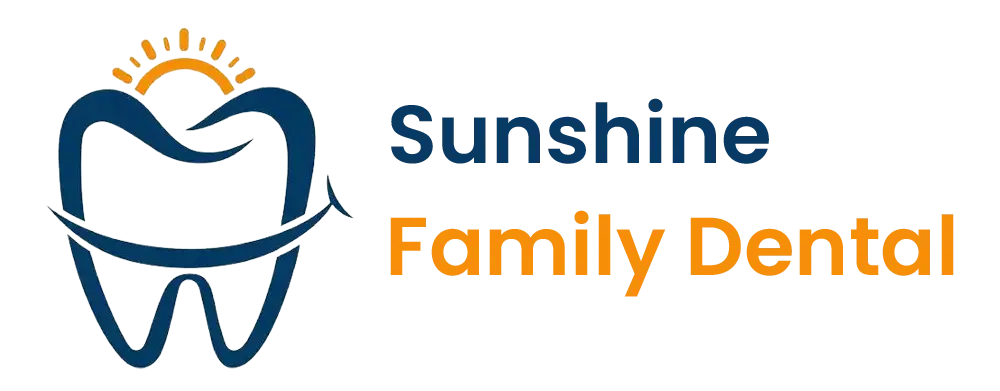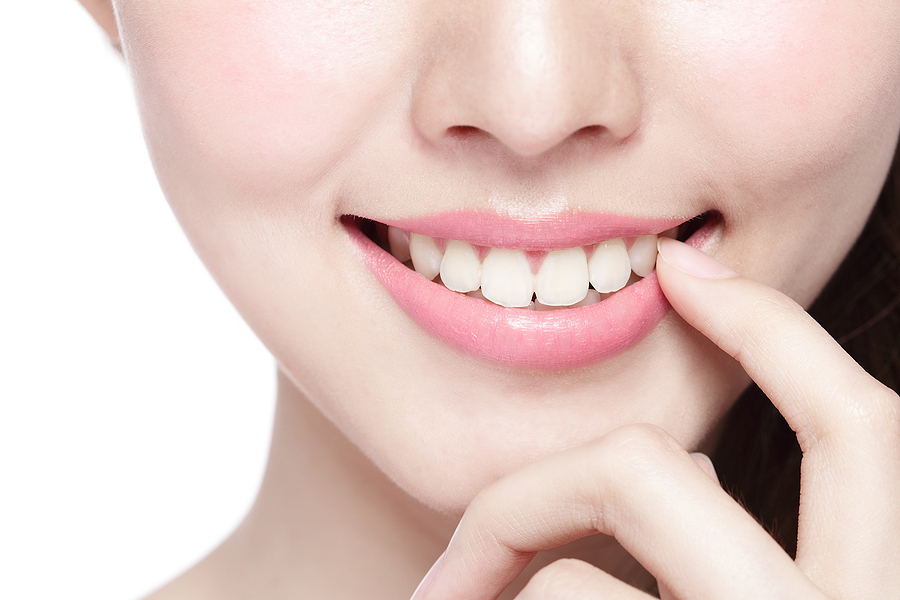Get A Whiter and Brighter Smile with Dental Veneers
Nov 01, 2023![Root Canal Treatment in Pleasanton, CA Root Canal Treatment in Pleasanton, CA]()
The Benefits of Root Canal Treatment: Why Saving Your Tooth is Worth It
Oct 04, 2024![This is a thumbnail image of blog Do All Wisdom Teeth Need to Be Removed? A Guide to When Extraction is Necessary This is a thumbnail image of blog Do All Wisdom Teeth Need to Be Removed? A Guide to When Extraction is Necessary]()
Do All Wisdom Teeth Need to Be Removed? A Guide to When Extraction is Necessary
Nov 02, 2024![Cosmetic Dentistry in Pleasanton, CA Cosmetic Dentistry in Pleasanton, CA]()
Enhance Your Smile: The Wonders of Cosmetic Dentistry
Mar 03, 2024Toothache Troubles: How Do You Know if You Need a Root Canal in Pleasanton, CA?
Feb 01, 2024

The Impact of Nutrition on Oral Health
Good nutrition is important to your overall well-being, and it's also critical to your oral health. A diet that lacks important nutrients can lead to gum disease, tooth decay, and other dental problems. A nutritious diet provides your body with the nutrients it needs to function and stay healthy. A balanced diet also contributes to the health of the mouth. This blog discusses some best and worst foods for your dental health.
What Nutrients Does Your Mouth Need To Stay Healthy?
A healthy mouth needs various vitamins and minerals to stay strong and healthy, so it's important to eat a well-balanced diet that includes lots of fruits and vegetables.
Maintaining a healthy diet is important for overall health, but it also plays an important role in keeping teeth and gums healthy. A balanced diet with the right vitamins and minerals can help keep your mouth clean, lower the risk of gum disease, and reduce the risk of tooth decay.
First, a diet that lacks essential vitamins or minerals can lead to a dry mouth. A dry mouth happens when the salivary glands are not producing enough saliva to wash away food particles and keep teeth free of plaque. This increases the risk of cavities and gum disease. Certain types of bacteria in the mouth feed off of these leftover food particles and cause bad breath as well.
Similarly, eating sugary and acidic foods such as soda and candy can increase the risk of tooth decay by feeding bad bacteria and causing damage to tooth enamel. Avoid these snacks and focus on including more fruits and vegetables in your diet instead. These foods are rich in fiber and water, which can rinse away bad bacteria from the mouth and reduce the amount of acid-producing foods and beverages consumed. Continue reading to learn more!
Foods That Strengthen Teeth And Gums
Cheese
A slice of cheese is an excellent source of calcium and protein, which help strengthen tooth enamel. Most cheeses contain casein, a protein that sticks to the surface of your teeth and strengthens it by remineralizing it. Other dairy products like milk and cheese can also help neutralize the acids in your mouth that cause cavities. When snacking on cheese cubes or slices, remember to always brush or rinse your mouth afterward! Hard cheeses may chip a tooth's enamel if they are not properly brushed away after consumption. This chip can lead to the development of tooth decay.
Nuts
A good source of calcium, nuts are a good choice for keeping your teeth strong and healthy. They are high in fat so they should be eaten in moderation to help prevent weight gain and other health problems. Eating them raw, however, will help to increase your saliva production which can help to wash away bacteria in your mouth and prevent cavities from forming.
Avoid salted or sweetened nuts as they contain added sugars that will increase your risk of tooth decay. You should also avoid eating them in excess as they can stick to your teeth and cause damage over time. Additionally, people with braces may want to avoid chewing on nuts as their hard shells could damage the wires or brackets of your braces.
Celery
Celery is, in general, great for your oral health. Eating celery results in an increase in saliva production (which helps protect bacteria from being left to linger in the mouth), as well as a decrease in plaque formation. There is also evidence that eating celery can help whiten your smile's appearance. The vegetable is high in vitamin C, which protects the body against free radicals that erode tooth enamel and make gums more susceptible to disease. Vitamin C is also needed for the body to produce collagen, which keeps gums healthy and firm. It's also high in vitamin A, which can help heal gum inflammation.
Apples
The crunchy texture of an apple can help clean the teeth as you chew it, which can help remove plaque from teeth before they have a chance to turn into tartar. Additionally, when you eat an apple after a meal it can help rinse food particles away from the teeth and out of the mouth. This can improve overall oral health and prevent the risk of gingivitis. (Gingivitis is an inflammatory gum condition that can leave a sufferer with swollen and red gums that bleed easily.)
Worst Foods For Oral Health
Sugary Foods
Sugar is one of the biggest enemies of a healthy smile. It causes tooth decay by feeding bacteria that cling to the teeth and create plaque. The bacteria eventually release an acid compound that erodes the enamel and causes cavities.
Hard Candy
The sugar in candy canes is like little daggers on teeth, as are other chewy candies, such as gummy bears. Not only are they bad for enamel because of their high sugar content, but they're also terrible for overall dental health. It's common for patients to chip a tooth while chewing on them and then have to deal with a broken tooth until they can get help to repair it. It's best to stick to treats that aren't sticky or chewy. Stick with dark chocolate or some sugar-free gum instead.
Soft Drinks
All of the sugar in soft drinks has nowhere to go but your teeth! That's why these drinks are dangerous to your oral health. Diet or regular sodas are just as bad. They are acidic and can weaken tooth enamel and cause decay. They also contain phosphoric acid, which can dissolve the calcium in your saliva that keeps your teeth and gums healthy. To refresh your breath after a meal, rinse with water instead of drinking soda. If you do drink soda, use a straw to keep the beverage from coming into contact with your teeth.
Sports drinks and fruit juices are similar offenders. They contain lots of sugar and produce acid when being digested. Try to drink water when you are thirsty; water hydrates your body more thoroughly. If you can't kick your juice or sports drink habit, at least try to drink it through a straw to minimize contact with the teeth.
Coffee and Tea
While both coffee and tea contain antioxidants that can help your health, they are also highly acidic and can erode tooth enamel over time. Drinking them at a moderate level can be good for your oral health, but drinking them too often or in large volumes can cause staining and erosion of your tooth's outer protective layer.
Wine
Alcohol can dry out your mouth, which gives it more of a passageway for bacteria to creep in and cause cavities. Also, alcohol is a high sugar-content beverage. It can lead to tooth decay and other oral health issues.
Office Hours
MON - WED9:00 am - 5:00 pm
THUClosed
FRI9:00 am - 5:00 pm
SAT8:30 am - 2:30 pm
SUNClosed




comments